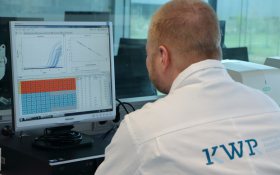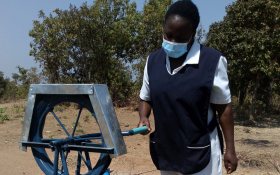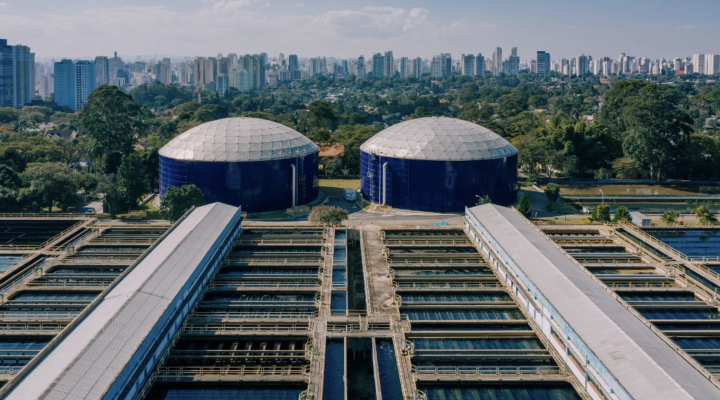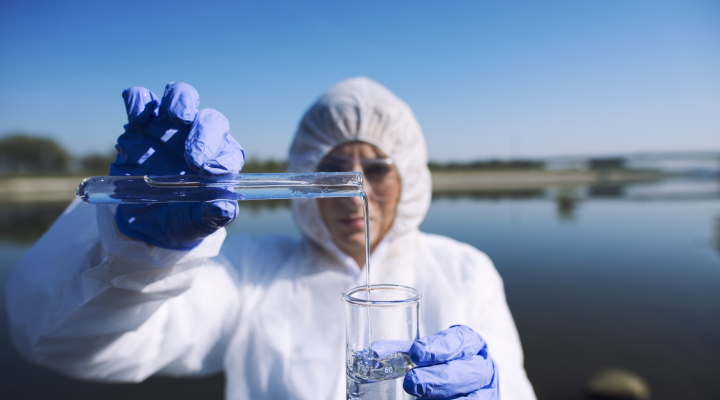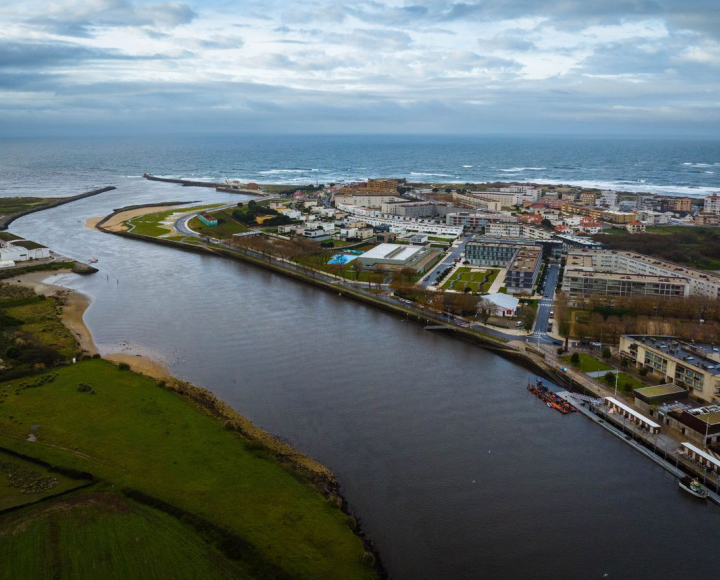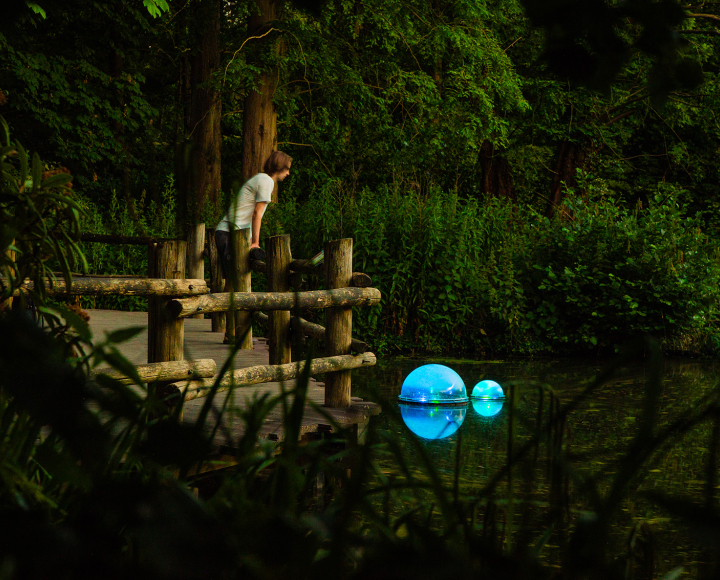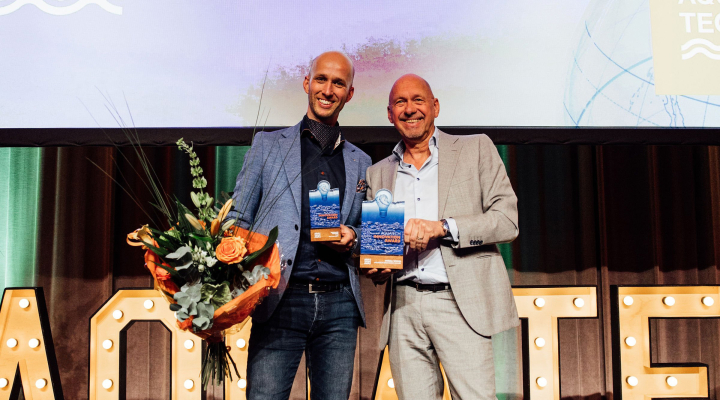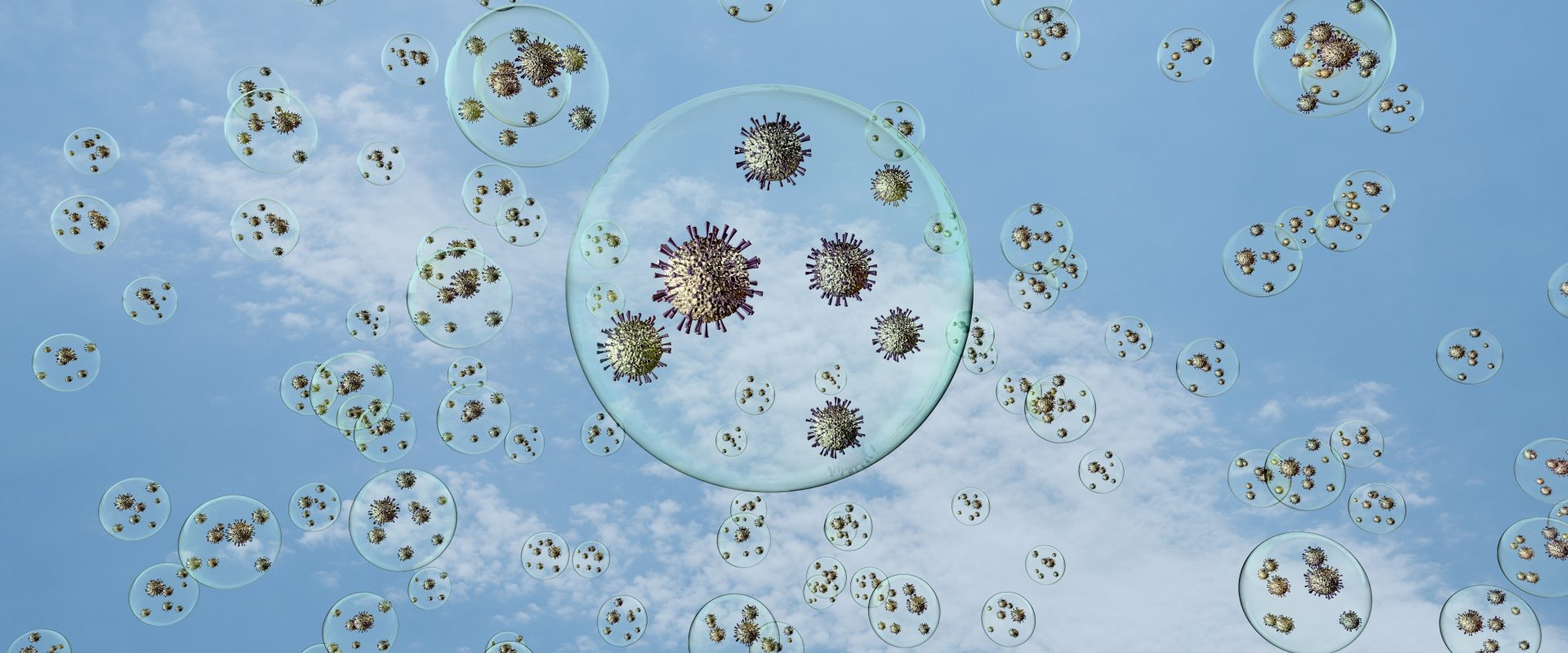
All you wanted to know about Covid sars-2 in waste water
Based on literature studies and own research, Dutch water research institute KWR compiled a Q&A on the institute’s current knowledge on the presence of Coronavirus in waste water.
KWR indicates it wants to continue to build up more expertise on aspects such as residence times and the density of particles that remain active at certain temperatures.
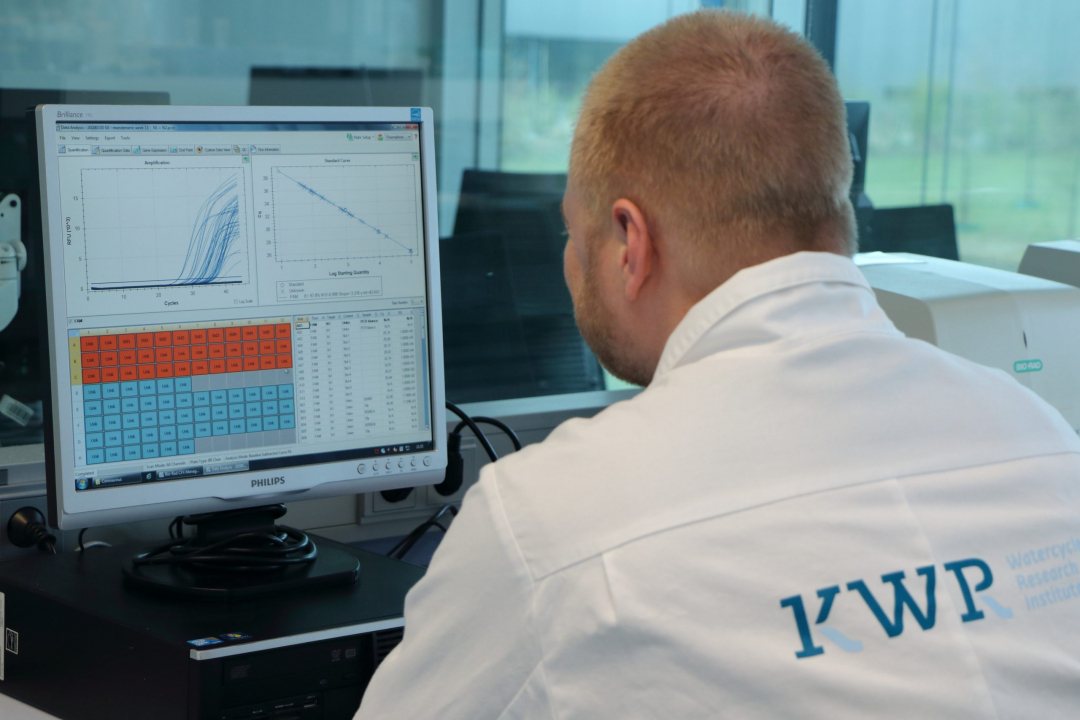

Big concern
The primary concern in the water sector, is the presence of the virus in drinking water. Now the virus has been around for a few months, the current scientific knowledge indicates that the virus quickly inactivates in water.
Still, its presence in drinking water remains a big concern for the water sector. In countries with a highly developed water supply system, it is difficult for viruses to pass the existing filtration steps, such as reverse osmosis.
However, in countries where the water treatment, if any, is not equipped to remove any viruses at all, the presence is unknown. In reaction, experts put the Corona health risks in perspective of other waterborne viruses and bacteria that are known to stay alive in water much longer and pose a much higher risk for diseases.
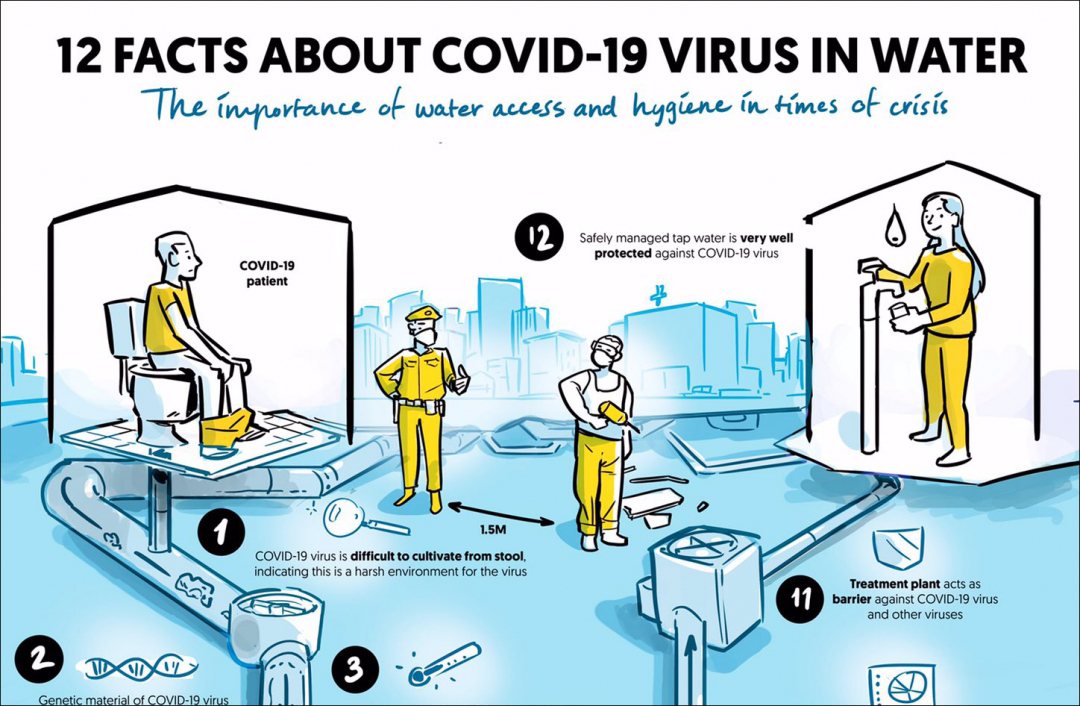

Residence times
KWR has concentrated its own search on the presence of the virus in waste water. Studies of earlier SARS outbreaks in China, revealed that human feces can contain the SARS Cov-1 virus but it will not survive in water at temperatures below 20 degrees Celsius.
KWR conducted its own study on the new SARS Cov-2 virus and detected genetic material from the Coronavirus in the incoming wastewater of several Dutch treatment plants. The outcome of the KWR study went viral as media reported on the results worldwide.
Many media reported the one case where gen material was detected even before Corona cases had been reported by the city.
The fact that no gen material has been detected in the treated waste water (effluent), confirms expert opinion that the new virus cannot survive the harsh environment of a waste water treatment plant (WWTP).
Still, little is known about concentrations and about the activity of the detected gen materials.
Living document
KWR announced that it will keep the Q&A-webpage up to date with the latest insights. Experts, governments, companies and journalists are invited to pose their questions.
The special formed Covid-19 team hopes to learn from knowledgeable questions and add or improve answers.
Ready all 27 Corona questions related to waste water and their answers on KWR Covid19 Q & A webpage.
More information: KWR Covid-19




